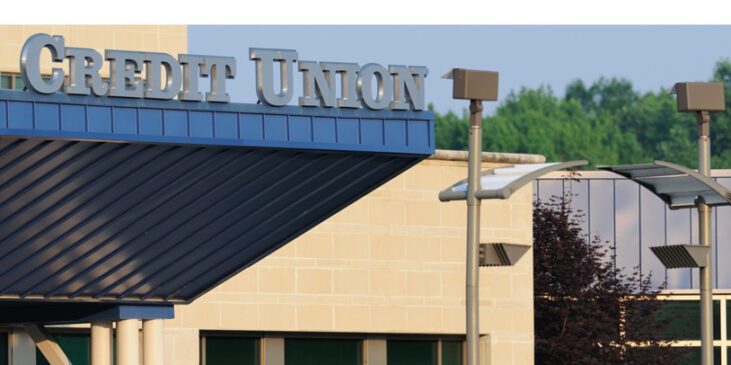The number of federally-insured credit unions that are rated 1-Star or below and/or are less than “Adequately” capitalized by regulatory standards grew 36% in the twelve month period ending June 30, 2021 (from 53 to 72). What’s more, Minority-Owned Credit Unions are increasingly falling into this category.
On page 2 of Jumbo Rate News you will find lists of credit unions, by regulatory classification, that are rated at least “adequate” by regulators and rated 1-Star or zero-stars by Bauer. Page 7 lists all credit unions that are less than “adequate” by regulatory standards.
While 10% of the nation’s federally-insured credit unions have a minority depository institution (MDI) designation, 25% of the credit unions listed on pages 2 and 7 are MDIs.
The Emergency Capital Investment Program (ECIP), which was part of the Consolidated Appropriations Act (2021), earmarked $8.75 billion from the Treasury, to go directly to MDIs and other Community Development Financial Institutions (CDFIs). This capital was to be used for such things as loans, forbearance for small businesses, minority-owned businesses, as well as to consumers in low-income and underserved communities. It was intended to help communities disproportionately impacted by the pandemic. Great idea, but there wasn’t enough to go around.
As of October 18th, the Treasury reported that it had received 204 ECIP applications. Of those, 113 were from banks and 91 from credit unions. All 91 credit unions were low-income credit unions or LICUs. The total amount requested by all applicants exceeded $12.88 billion, or $4.13 billion more than what was made available. The Treasury is not yet telling us how it is dealing with the shortfall. Nor do we know yet who the applicants were (although we suspect some of them are listed on pages 2 & 7).
We can tell you these credit unions need help and a capital investment from the government would be a good place to start. In fact, the 18 MDIs listed herein are small, with assets totaling just $270 million and net worth of $31 million. A $30 million capital injection would be a great shot in the arm for them and would barely dent the fund, but we have to wait to see how it’s handled.
Of the four credit unions that were deemed “Critically undercapitalized” at June 30th, only one remains: Zero-Star Portsmouth Schools FCU, Portsmouth, VA. Portsmouth Schools FCU’s assets have remained pretty constant at around the $2.5 million mark, but its net worth has plummeted over the past year. By June 30, 2021, Portsmouth Schools FCU’s capital ratio was just 1.41%. Its Bauer’s adjusted was worse yet at –0.40%. With mounting losses, we expect it is on the hunt for an acquirer.
As for the other three:
Zero-Star Georgetown FCU, Washington, DC merged into 5-Star Paho-Who FCU, also DC;
Zero-Star Empire Br 36 NA of Le Carr, New York, NY merged into 4-Star Rockland Employees FCU, Spring Valley, NY; and
Zero-Star C O FCU, Charleston, SC, after operating under conservatorship since January 2021, was closed and liquidated by the NCUA last month.
Two “Well Capitalized” credit unions are also operating under NCUA conservatorship: Zero-Star Empire Financial FCU and Zero-Star Edinburg Teachers FCU, Edinburg, TX. They can be found below with all other credits unions deemed “Adequately Capitalized” by regulators but rated 1-Star or below by Bauer.


